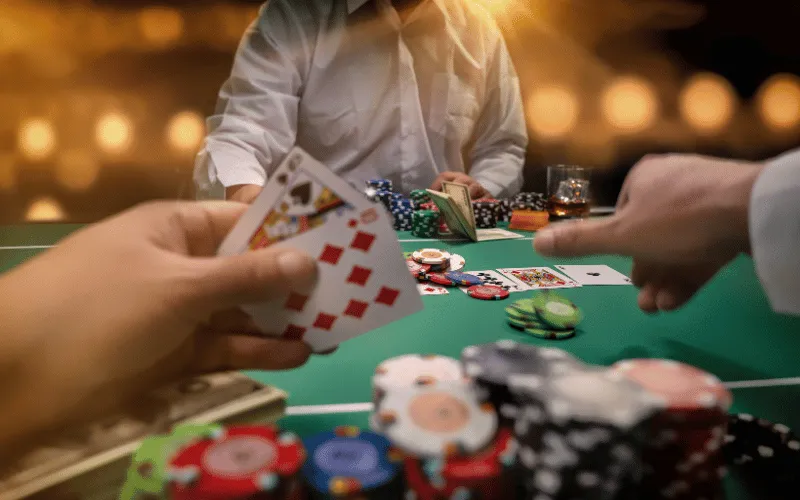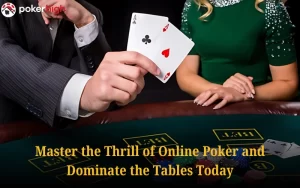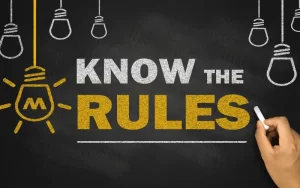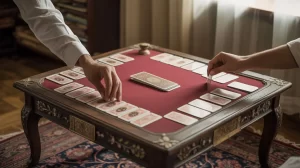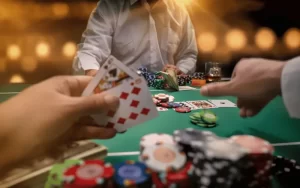A Poker Circle refers to a private group of players who gather regularly to play poker in a friendly, social setting either in person or online. Unlike large poker tournaments or casino games, a poker circle offers a more intimate and casual environment. Players often know each other, which adds an element of trust, strategy, and long-term rivalry.
Whether you’re new to poker or an experienced player looking to create a dedicated group, understanding how to start and manage a poker circle can enhance your gameplay and make every session more enjoyable and competitive.
What Is a Poker Circle?
A poker circle is typically a private poker group made up of friends, colleagues, or fellow poker enthusiasts who meet regularly to play poker. These games can take place in living rooms, basements, private clubs, or on online platforms that allow the creation of custom rooms.
The key difference between a poker circle and public poker is the exclusive, invitation-only format and the social bond shared among players. It’s not just about winning chips—it’s about conversation, friendly rivalry, and shared passion.
Benefits of a Poker Circle
Creating a poker circle offers many benefits over standard poker play:
- Controlled Environment: You choose who plays, how the rules are structured, and when games are held.
- Improved Strategy: Playing with familiar opponents helps you refine your reading skills and long-term strategy.
- Trust and Integrity: Reduces the risk of cheating or foul play since participants are usually trusted individuals.
- Enhanced Fun Factor: Regular games create memorable moments and stronger friendships.
How to Start Your Own Poker Circle
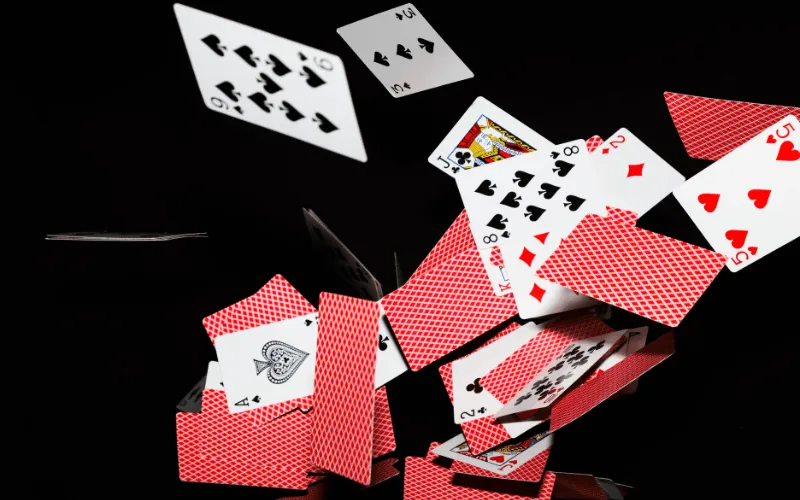
Starting a successful poker circle requires a bit of organization and planning. Here’s how to do it:
1. Select the Right Players
Choose friends or contacts who:
- Understand poker rules or are eager to learn.
- Are respectful and play ethically.
- Can commit to regular sessions.
Aim for a group of 4 to 10 players, depending on how competitive or casual you want the game to be.
2. Decide the Format and Stakes
Before the first game, agree on:
- Poker variant (e.g., Texas Hold’em, Omaha, Seven Card Stud)
- Buy-in amount and betting structure
- Whether the game is cash-based or tournament-style
- Blind levels and increase intervals
For beginners, low-stakes no-limit Texas Hold’em is a great place to start.
3. Choose a Hosting Method
You can host your poker circle either in-person or online:
- In-Person: Use a felt-topped poker table, a good set of chips, cards, and clear seating arrangements.
- Online: Use platforms like PokerStars, GG Poker, or private apps like Poker Bros that allow you to create invite-only games.
Make sure players are comfortable with the chosen format.
4. Create a Regular Schedule
Consistency helps build anticipation and camaraderie. You can host games:
- Weekly (e.g., every Friday night)
- Bi-weekly or monthly
- Around special events or holidays
Send reminders in advance and keep attendance records to track regulars.
Running a Smooth Poker Circle
To ensure your online poker circle game stays fun and sustainable, keep the following in mind:
1. Establish House Rules
Decide on rules before the game begins to avoid disputes:
- How many rebuys are allowed
- Time limits for decisions
- Behavior expectations
- Dispute resolution method
Write these down and share them with everyone.
2. Track Performance
Consider maintaining a scoreboard or leaderboard to:
- Encourage competitive play
- Reward consistency over time
- Identify trends and areas for improvement
You can reward monthly or seasonal champions with trophies or prizes.
3. Rotate Dealers and Hosts
To keep the game balanced, rotate:
- The dealer role (if not using a dedicated one)
- The host location or account (for online games)
This helps share responsibility and keeps the energy fresh.
Online Poker Circles: The Modern Twist
With the rise of online gaming, virtual poker circles have gained massive popularity. Using apps and online poker rooms, friends from across the globe can now gather virtually to enjoy poker night. Features like video chat, private tables, and virtual chips have made online poker circles as engaging as in-person games.
Platforms you can explore include:
- PokerStars Home Games
- GG Poker Club
- ClubGG
- Poker Bros
- PPPoker
Make sure to vet the platform for fairness, encryption, and ease of use.
Etiquette and Fair Play in Poker Circles
Even among friends, poker etiquette matters. Follow these unwritten rules:
- Don’t slow-roll or gloat.
- Keep the game moving—no unnecessary delays.
- Respect other players’ chips and cards.
- Avoid discussing hands in progress.
- Celebrate wins and take losses gracefully.
Keeping the game respectful and competitive ensures everyone wants to keep coming back.
Why Every Poker Lover Needs a Circle
A poker circle is more than just a game night—it’s a community of like-minded enthusiasts sharing the thrill of every hand dealt and every bluff called. It brings people together, sharpens skills, and offers a welcome escape from the monotony of daily routines.
Whether you’re building one from scratch or joining an existing group, investing in a poker circle can make you a better player and a more connected human being. It’s not just about the cards—it’s about the connections.


